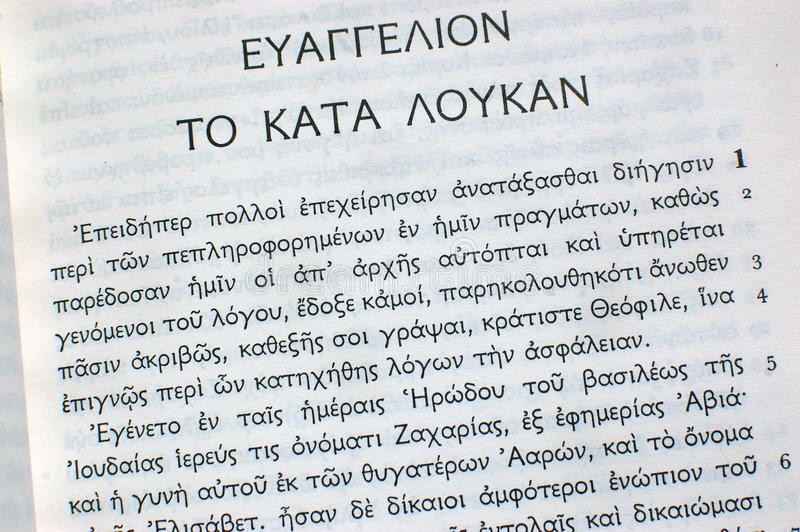Today I participated in a zoom session that was unusual, at least for me. The zoom meeting was called by the rector of my church. The topic for the session was the sermon for two weeks from now.

What made this unusual for me were two things. One, I did not fully realize how much went into each sermon.
The church that I attend in Seattle is Epiphany Episcopal Church. It is wonderfully led by its rector Doyt Conn. He leads in so many ways. One of the ways he leads is by providing really great sermons. Sermons that are interesting and informative, and at the same time provocative and challenging in some way. On top of that he somehow gets me, and others I am sure, to slow down and to reflect on some topic. And he delivers his sermons in a way that is engaging. i sure look forward to his sermons.

Each sermon is spurred by a passage from the Bible that is part of that week’s service. What was the passage saying. Often the Bible needs to be interpreted to lay people, like myself. this can be somewhat challenging. I know this from an experience that I had some 60 years ago.
During summers on Chappaquiddick Island a group of 10 to 12 ministers from different mostly Protestant churches got together once a week in the evening. They invited me to join them. you may ask why. They found out that I had taken four years of Classical Greek in high school and was able to translate the Bible from the original Greek.

What I learned from this was that the versions of the Bible that we read are simply that, different translations of the original Greek. And there are real differences in how the original Greek is translated. In my opinion If you really want to understand the original meaning of a passage you need to go back to the original Greek. (the New Testament was originally written in Greek; the Old Testament was originally written in Hebrew, but later rewritten in Greek)

I was struck by how much advance thinking and input the rector was giving to a sermon that was almost two weeks away. He asked each of us in the group that he had assembled our thoughts about the passage in the Bible that we had read before coming to the meeting. All the time, he was taking notes. You could see that each of our comments stimulated some thinking on his part. He was getting input from others besides himself.
The other thing that was so unusual for me about this zoom meeting this morning was the fact that I was invited. Why would I have been invited to join the meeting. They did not know that about my Classical Greek capabilities.
The reason that I was invited is that each week they invite one member of the congregation, one lay person. They do this to get one more input, one more idea or two. But significantly they want input from someone who is not tied to the church in some formal way.
The others in the meeting in addition to the rector himself were the online pastor, the associate pastor, the assistant to the rector, the head of communications for the church, and the senior warden – all tied to the church in some formal way. I was the only lay person there, if you will. Next week they will invite another member of the congregation to participate in their meeting.
Bottom line, I was impressed by how much goes into a sermon.

Interesting! I don’t think our Baptist Minister translates from Greek, but nevertheless his Sunday sermons are very enlightening.
As a person whose 1st language was Ukrainian, I took classes in Ukrainian and still remember most of the cryllic alphabet. Interesting to see the letter you show as phii, of which there is nothing close to that in the English alphabet. In Ukrainian there is an identical letter and it is pronounced ph or a forced f..
Look forward to you joining me one Sunday’
Very interesting and informative. I love your quest for continued learning and your written gift to share this knowledge.